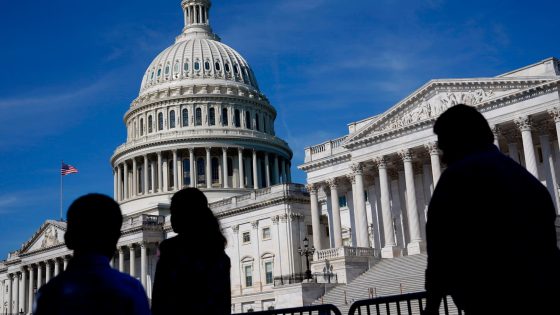On February 7, 2025, former President Donald Trump announced his intention to close a tax loophole that benefits private equity groups. This move comes as part of broader discussions with House GOP leaders during a recent meeting at the White House.
- Trump targets private equity tax loopholes
- House GOP seeks time after White House meeting
- White House discusses hedge fund tax breaks
- Republicans nearing budget deal post-Trump meeting
- Trump outlines tax plan for GOP leaders
Trump’s proposal aims to reform tax policies that have been criticized for favoring wealthy hedge fund managers and private equity firms, potentially impacting their financial strategies significantly.
The context of Trump’s proposal reflects ongoing concerns about income inequality and tax fairness in the united states. Private equity firms have long utilized specific tax advantages that critics argue allow them to pay lower effective rates compared to average workers. By addressing these loopholes, Trump seeks to align his fiscal policies more closely with those advocating for equitable taxation.
Key points regarding this initiative include:
- The potential closure of a favored tax break used by hedge fund managers.
- Aiming to generate additional revenue for government programs.
- The possibility of bipartisan support given the growing scrutiny over wealth disparities.
In addition to Trump’s statements, discussions among House Republicans indicate a push towards reaching an agreement on budgetary matters influenced by these proposed reforms. The implications could extend beyond just tax policy; they may also affect upcoming legislative negotiations and party dynamics within Congress.
This initiative underscores Trump’s continued influence within Republican circles as he navigates complex fiscal issues while attempting to reshape public perception of his economic agenda ahead of future elections.

































